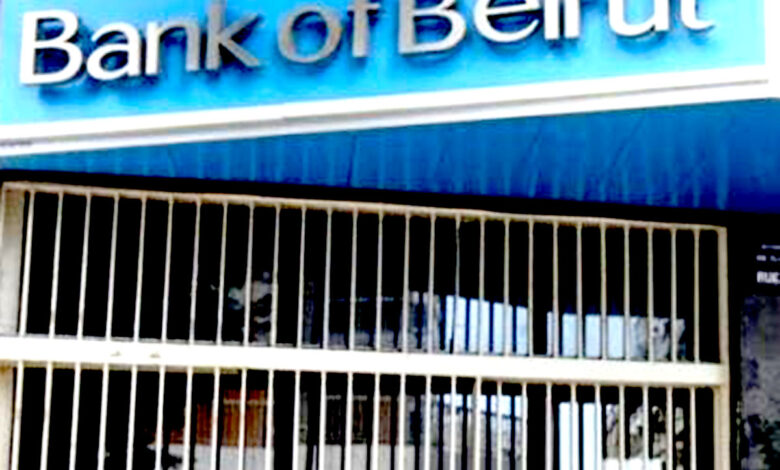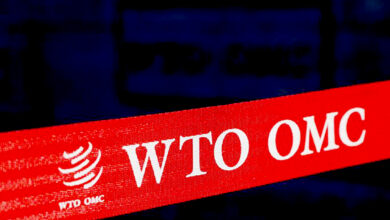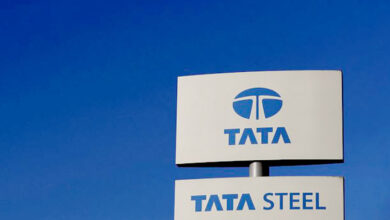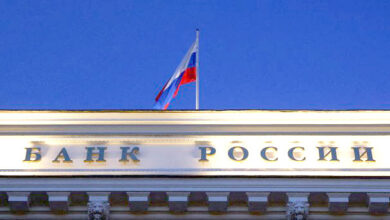Lebanon’s ‘zombie banks’ consolidate in response to the crisis.

Beirut — Once the crown jewels of the economy, Lebanon’s banks are closing branches and laying off people in droves, adjusting to the stark reality of a crisis for which they are largely blamed.
Prior to the start of a financial crisis regarded as one of the biggest in the world since the 1850s, the tiny Mediterranean nation had a large but affluent banking industry.
Beirut’s capital was a popular place for people to deposit money because of high interest rates and banking secrecy rules.
However, more than two years into the crisis, Lebanese lenders’ reputations have been shattered.
A dizzying currency crash, along with banks’ setting severe withdrawal restrictions and forbidding international transfers, has left regular depositors watching their assets disappear helplessly.
And yet bankers are accused of circumventing those same capital regulations, thus exacerbating the crisis by assisting the political elite in stowing billions of dollars abroad.
People have lost faith in banks, so they now stop giving them money. This means that they don’t have enough money to lend.
“Today, the whole financial sector is comprised of zombie banks,” economic researcher Patrick Mardini said.
“They have ceased to function as banks—they no longer make loans or accept new deposits.”
“A country that has been abandoned‘
As a consequence, the industry’s activities have been forced to be scaled down.
According to the World Bank, Lebanon ranked second in the region in terms of bank branches per 100,000 inhabitants in 2019 and had around $150 billion in deposits.
Deposits from Arab investors and Lebanese expatriates boosted the banking system to a high of three times the size of the country’s GDP.
However, over 160 branches have closed since the end of 2018, leaving the nation with a total of 919 branches, according to the Association of Banks in Lebanon (ABL).
Employees have decreased by around 5,900, bringing the sector’s employment to approximately 20,000 as of late last year.
“Lebanon is a deserted country, “ABL president Salim Sfeir told AFP, alluding to the country’s officials’ carelessness.
Banks have been blamed for the economy’s decline for more than a half-year, but the group says that the sector has been forced to act.
Since 1997, the Lebanese pound has been officially set at LBP 1,507 to the dollar, but has lost more than 90% of its value on the black market.
As a result of the fall, banks have been forced to use a variety of currency rates for transactions, even if the official rate remains constant.
Dollar account holders have mostly been forced to withdraw funds in Lebanese pounds at a fraction of the black market cost.
“If international accounting rules are followed, practically all Lebanese banks are bankrupt, “investment banker Jean Riachi” said.
‘Withdraw from the market‘
Lebanon’s government defaulted on its foreign debt in 2020, which made it difficult for the country to quickly get new international credit or donor money to help.
The governing elite, troubled by internal schisms that have frequently left the country without a government, has been unable to reach an agreement with foreign creditors on an economic recovery plan.
Talks with the International Monetary Fund have been slowed down for almost two years because of disagreements between the government, the central bank, and commercial banks about how much the financial sector has lost in value.
In December, Prime Minister Najib Mikati’s administration placed banking sector losses at about $69 billion, a critical step toward starting IMF discussions.
While the global lender said earlier this month that negotiations to agree on a rescue plan had proceeded, it made clear that further work was required, particularly in terms of “financial sector reform.”
According to Mardini, numerous administrations have explored bank restructuring options.
Riad Salameh, the central bank’s governor, has said that banks that are unable to lend must “leave the market.”
However, Mardini says that a political class that owns a lot of big banks has slowed down real reform.
The specifics of any restructuring plans are irrelevant to out-of-pocket depositors.
Hicham, a businessman who requested anonymity due to privacy concerns, said: “I’m simply looking to recoup my funds.”
“All parties must accept their responsibility.”





